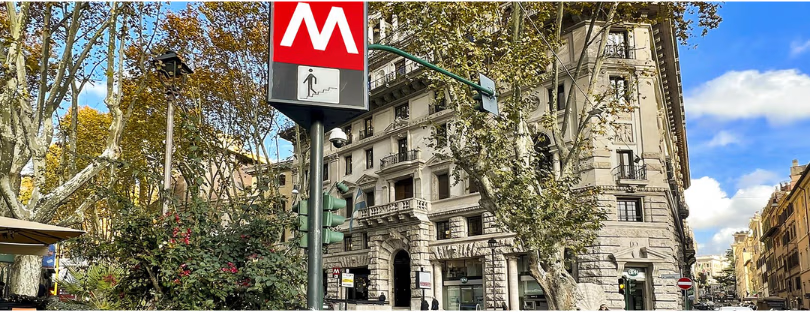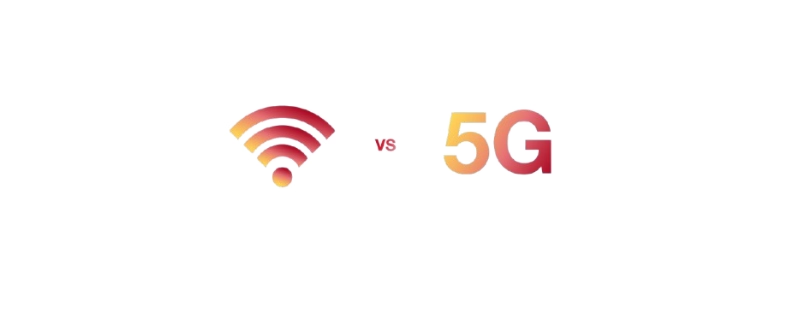
SK Telecom, KT, LG Uplus join forces to provide 5G services on subways
The three — SK Telecom Co., KT Corp. and LG Uplus Corp. — said they have recently completed setting up 5G infrastructure on the subway system in Gwangju, some 330 kilometers southwest of Seoul.
The three mobile carriers plan to establish 5G services on subways and metro stations in major cities, including Daegu, Daejeon and Busan, by the first quarter of the year.
For the subway system in the metropolitan area of Seoul, the country’s largest subway network, the companies said they aim to set up 5G infrastructure by the end of this year.
Currently, local telcos’ 5G services can cover only several sections of Seoul’s subway lines.
“Since more than 6.7 million people use subways every day, we are doing our best to establish 5G infrastructure quickly,” the companies said in a release. “To speed up the work, we have divided subway lines and sections.”
How high-capacity 5G could transform subway travel
Although Seoul’s subway network is covered by LTE and 5G networks in the 3.5GHz band, these services don’t have sufficient bandwidth to support high-speed Wi-Fi services for scores of passengers simultaneously. Backhauled by LTE, the average Wi-Fi speed on subway trains in Seoul was 71 Mbps in 2020. If 100 passengers in a carriage were to try and access the Wi-Fi simultaneously, each traveller would only be able to connect at speeds of less than 1 Mbps.
Solution 5G services on subways
A trial on the Seongsu Branch of Seoul subway line 2, found that 5G millimetre wave (mmWave) backhaul can boost public Wi-Fi speeds by up to 25 times. Now the MSIT is working with Korea’s mobile operators to provide 5G mmWave coverage across subway lines 2, 5, 6, 7 and 8. The MSIT believes the 5G network should support at least 700 Mbps in each car, increasing passenger mobile broadband capacity 10-fold.
Impact & Statistics
Harnessing 5G mmWave services should dramatically improve connectivity in locations where millions of Koreans spend a significant part of their day: Five million people use the Seoul subway daily and about 90% of them have smartphones. Seoul City data suggests the average passenger spends 35.9 minutes per day on the subway.
Wider Implications 5G services on subways
By enabling subway users to enjoy 4K videos, the 5G mmWave connectivity will enhance their quality of life and, in some cases, their productivity. It could also encourage greater use of public transport, reducing vehicle congestion, pollution and greenhouse gas emissions in Korea’s cities. If 5G mmWave successfully supports Wi-Fi on subways, it could also be the ideal solution to bring connectivity to other busy areas, such as airports, festivals, sports stadiums or shopping centres.









